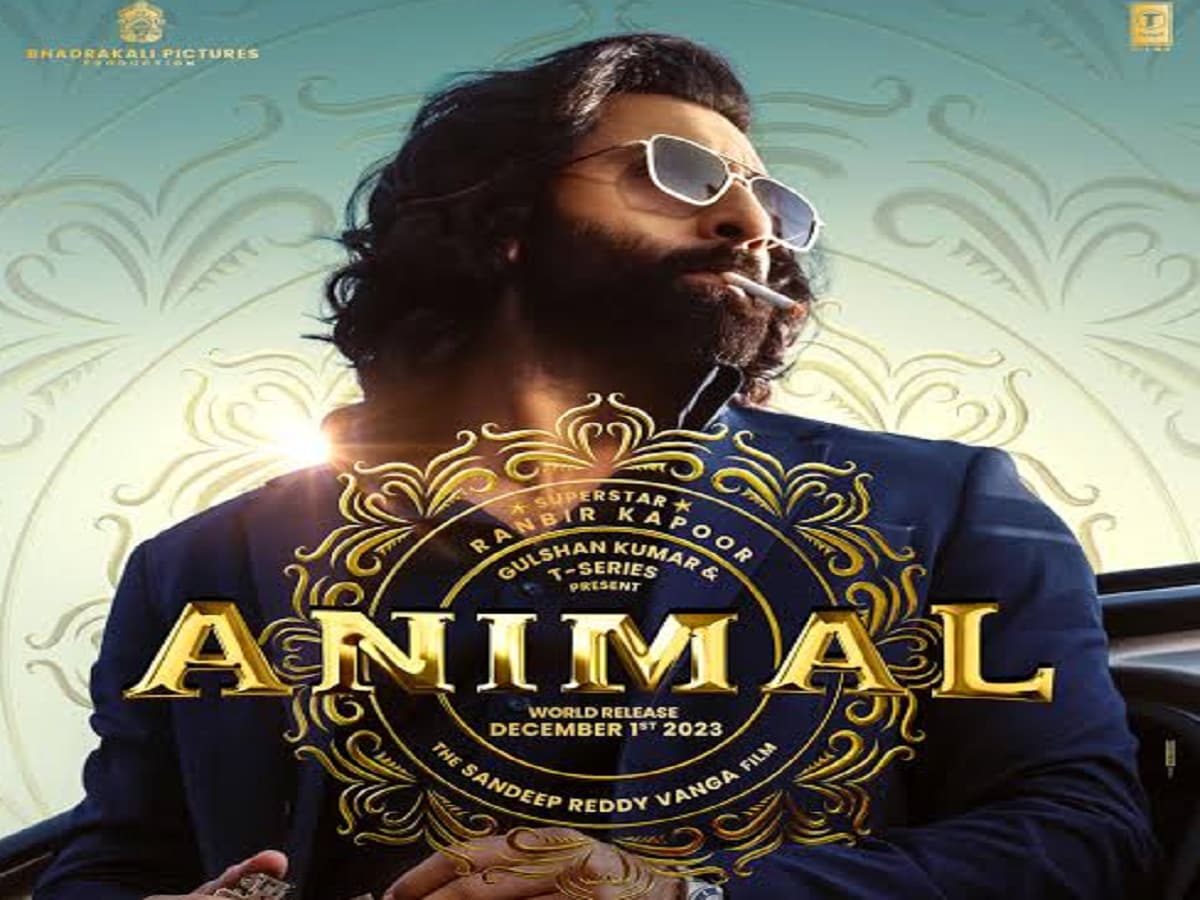Hullabaloo in the awards season helobaba.com

At the 69th Filmfare Awards ceremony in Gandhinagar, Gujarat, on 28 January, Ranbir Kapoor won the Best Actor award for his role in the action drama film ‘Animal’. This sparked an online debate on whether the awards fairly recognised talent and performance, or even had an eye to ethics.
Ranbir winning that award has prompted several commentators to wonder what signal it sends out to viewers and producers. Some have pointed out that the jury’s decision remains especially inscrutable because several other actors delivered better artistic or box office performances last year.
But this is not new at the Filmfares. As editor and film buff Shantanu Ray Chaudhuri points out in his wonderfully trivial-filled article, the Filmfare awards have often tripped up while rewarding performance. For instance, R D Burman won his first Filmfare award for best music director of the year only in 1982 for the easily forgotten film ‘Saman Teri Kasam’, while his superb albums for ‘Hare Rama Hare Krishna’ (1971), ‘Amar Prem’ (1972), ‘Yaadon Ki Baraat’ (1973), ‘Aandhi’ (1975), and several others were ignored.
Chaudhuri also writes how Aamir Khan, one of the most successful and accomplished actors of his generation, repeatedly missed the Best Actor award to lesser performances, till finally winning it for ‘Raja Hindustani’ (1996), one of his least likeable silver screen outings. Aamir Khan stopped attending award ceremonies after losing out to Shah Rukh Khan in 1995 because he felt that the jury was partial. This year, Shah Rukh Khan was at the receiving end of an indifferent jury’s snub that denied him his ninth Filmfare Best Actor trophy.
Bollywood, of course, has no monopoly over controversies. In Hollywood, too, the nominations for the Academy Awards have sparked their own share of controversies. But the ones that have taken social media and entertainment journalism by storm are Greta Gerwig and Margot Robbie, the director and lead actor of the billion-dollar ‘Barbie’, respectively, not being nominated in their categories.
Ryan Goslin, who acted as Ken in the film and has been nominated in the Best Supporting Actor category, has said he was disappointed by the snub to his colleagues: “But there is no Ken without Barbie, and there is no Barbie movie without Greta Gerwig and Margot Robbie.” Hillary Clinton, former US secretary of state, has also tweeted in favour of Gerwig and Robbie.
In recent years, the Academy Awards have been criticised for not adequately recognising female talent. In the 94 years since the Oscars were first awarded in 1929, only seven women have been nominated in the Best Director category, with only three winning — Jane Campion for ‘The Power of Dog’ (2021), Chloé Zhao for ‘Nomadland’ (2020), and Katherine Bigelow for ‘The Hurt Locker’ (2008).
In 2018, Natalie Portman stood on stage at the Golden Globes and announced, “Here are the all-male nominees” while presenting the Best Director award. And in 2020, while announcing the all-male Best Director nominations for the Oscars, actor Issa Rae declared: “Congratulations to those men.”
The organisers of the Oscars this year are likely to not extend an invitation to either of them to present an award in the same category, where four male directors have been nominated — Christopher Nolan (“Oppenheimer”), Martin Scorsese (“Killers of the Flower Moon”), Jonathan Glazer (“The Zone of Interest”), and Yorgos Lanthimos (“Poor Things”).
The only female nominee in the category this year is Justine Triet for “Anatomy of a Fall”, the courtroom thriller for which she has already won the Palme d’Or at the 76th Cannes Film Festival.
But not everyone is convinced that Gerwig and Robbie missing out on the nominations is such a big loss. Commentators from the Global South have described the film as an example of “white feminism”, wedded to the market liberal principles of its corporate sponsors. Others have also called out its supporters like Clinton, who have found time to express outrage over the film’s missing nomination but have remained silent over the suffering of Palestinian women in Gaza since the current conflict started in October last year.
Besides sexism, the Academy Awards have also been accused of racism. In 2016, an online campaign #OscarsSoWhite started calling out the Awards for disproportionately rewarding white performers, after a study by the USC Annenberg School of Journalism and Communication showed that 92 per cent of top film directors till then were men and 86 per cent of top films featured white actors. Right on the heels of the #BlackLivesMatter movement, the hashtag created by lawyer April Reign took Hollywood by storm and, in the opinion of the New York Times, changed the Oscars.
Do awards like the Filmfare and the Oscars still matter? Barrie Gunter, emeritus professor in media at the University of Leicester, UK, has demonstrated through an analysis of box office performances of films that “winning one of the big awards (Best Actor/Actress in Leading or Supporting Roles, Best Director and Best Picture)” has a definite positive influence on their earnings. Another academic study from 2007 demonstrated that even being nominated at the Oscars led to “substantial financial benefits”. If Hollywood and the Academy Awards are really keen to shed the tag of being a bastion of white, male privilege, they must proactively try to nominate more people of colour and different genders.
There are no studies that I found about the financial rewards of winning an award in India. But in recent years, even the once-venerable National Awards have been criticised for becoming a political tool for the ruling party. When ‘The Kashmir Files’, which has been critiqued for blatant Islamophobia, was given the National Award for Best Film for National Integration last year, many criticised the decision as a reward for pro-government propaganda and not aesthetics.
This does leave a viewer wondering: What is an award worth — at the box office or for posterity?
Uttaran Das Gupta is a New Delhi-based writer and journalist. He teaches journalism at O.P. Jindal Global University, Sonipat









